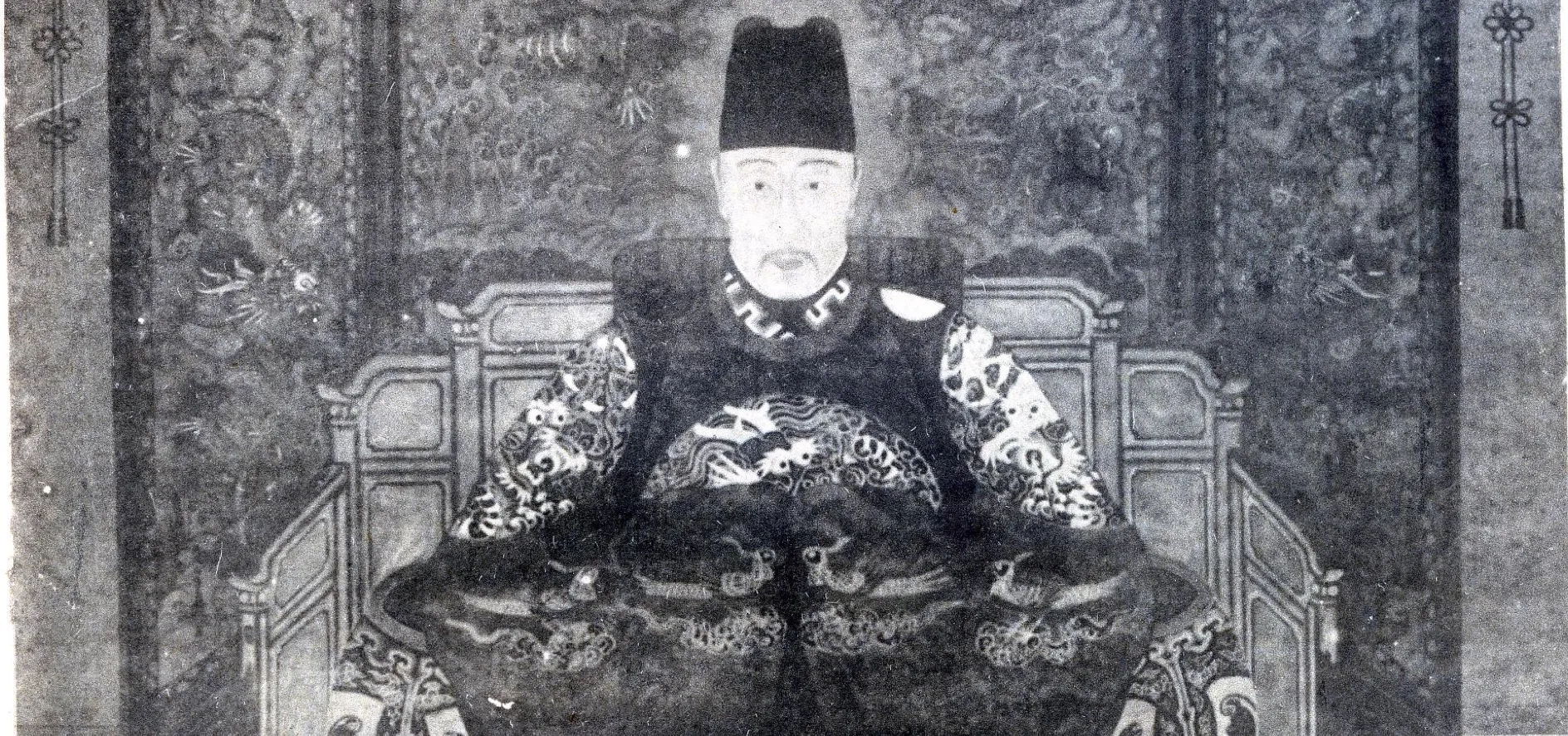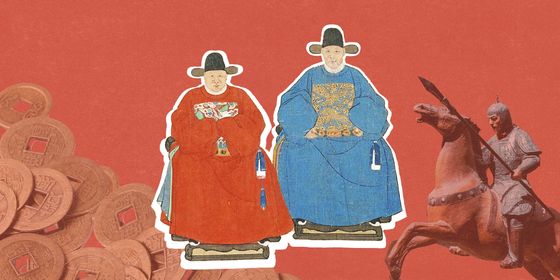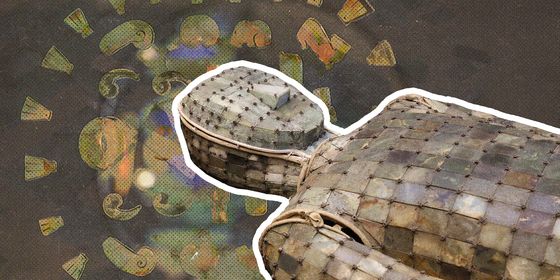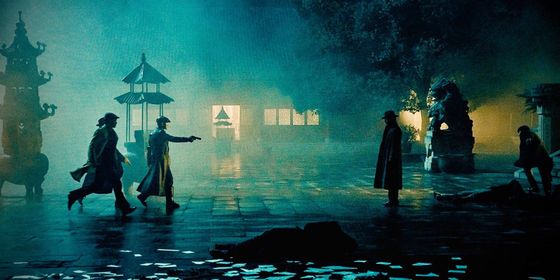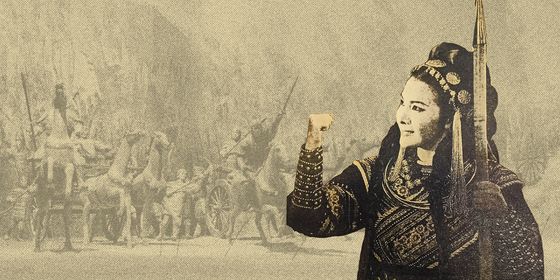The importance of male heirs made for complex negotiations of ritual, law, and lineage for those wishing to adopt
In 1856, a young boy named Dekeng was adopted by his uncle, Chengdie. Dekeng’s father, Sendie, already had two other sons to care for him, and, eventually, carry out the rituals necessary for a peaceful afterlife.
The less fortunate Chengdie had no sons of his own, so a contract was drawn up, witnessed by other members of the family, transferring Dekeng from one brother to another in exchange for 14 silver dollars—described in the contract as “milk money.”
This exchange, translated by Madeleine Zelin in her 2004 book Contract and Property in Early Modern China, represented one of the commonest forms of ancient adoption: The transfer of a male heir from one brother to another. But adoption in late imperial China was rarely simple, and always involved careful negotiation of ritual, filial piety, law, and lineage.
A man without heirs, as was the case with Chengdie, faced many challenges in this world and the next. The Confucian scholar Mencius once declared the least filial thing a man could do was have no sons, thereby dooming a long line of ancestors to a wretched eternity as “hungry ghosts,” deprived of the regular offerings for sustenance in the great beyond.
There were more mundane concerns as well. Care of aged parents was generally—though not always—a son’s responsibility, since daughters were usually married out to another family and lineage. Having no male heir could also complicate the dispensation of property following a patriarch’s death. Wealth might be divided up among his extended clan, transferred to another brother, or even become a source of conflict in the family as interested parties laid claim to the spoils.
It was property rights, as much as bloodlines, which favored keeping adoption in the family. As anthropologist James Watson and others have noted, many lineages, in southern China especially, were effectively joint corporations with vast collective landholdings. Exclusivity meant control.
Nevertheless, bloodlines mattered, and preserving the purity of a lineage resonated with family members. For example, in Chinese Civilization: A Sourcebook, Clara Yu translates a strict set of family instructions promulgated by the Liu clan of Anhui province, circa 1870:
“Anybody who adopts a son of a different surname than ours and thereby tinges the purity of our lineage will be dealt 60 blows of the staff. Anyone who allows his son to be adopted by a family of a different surname receives the same punishment. So does anyone who, in adopting an heir from our own family, causes confusion in generational order. Such an adopted son should then be returned to his natural father, and another heir chosen in his place.”
Lineage rules were often backed by the law. Statutes in the Ming and Qing era required adoptees to be of the same surname as their new family, and foster parents were not allowed to change the surnames of their wards.
Create a free account to keep reading up to 10 free articles each month
The Challenges of Adoption in Imperial China is a story from our issue, “Modern Family.” To read the entire issue, become a subscriber and receive the full magazine.





